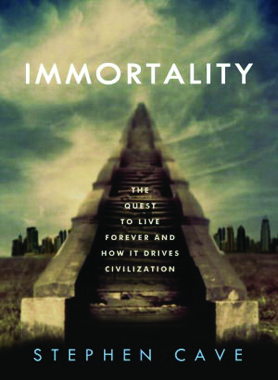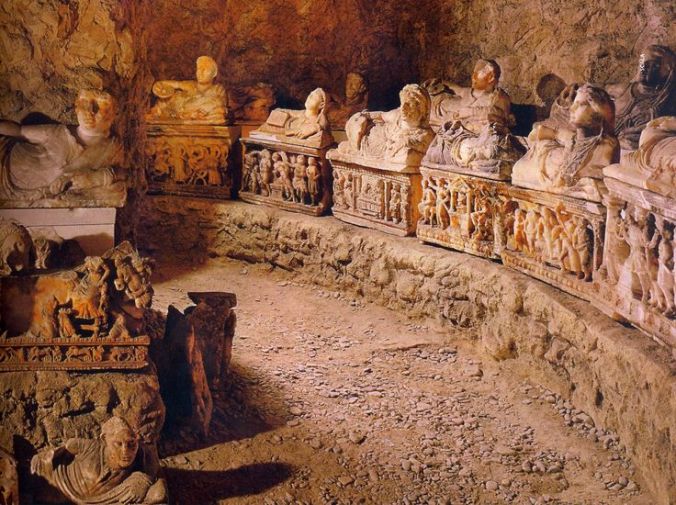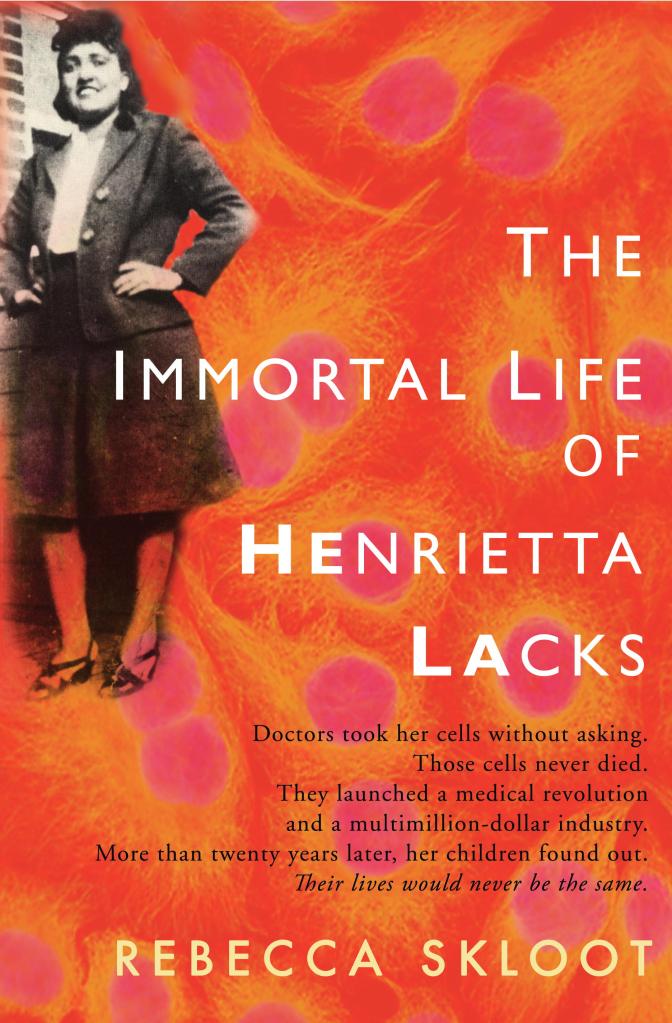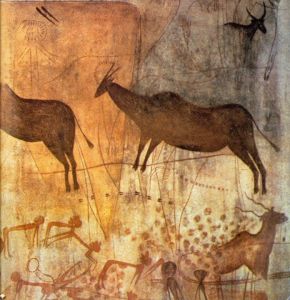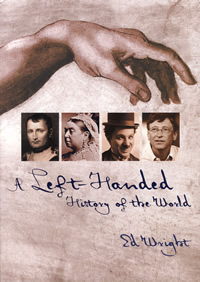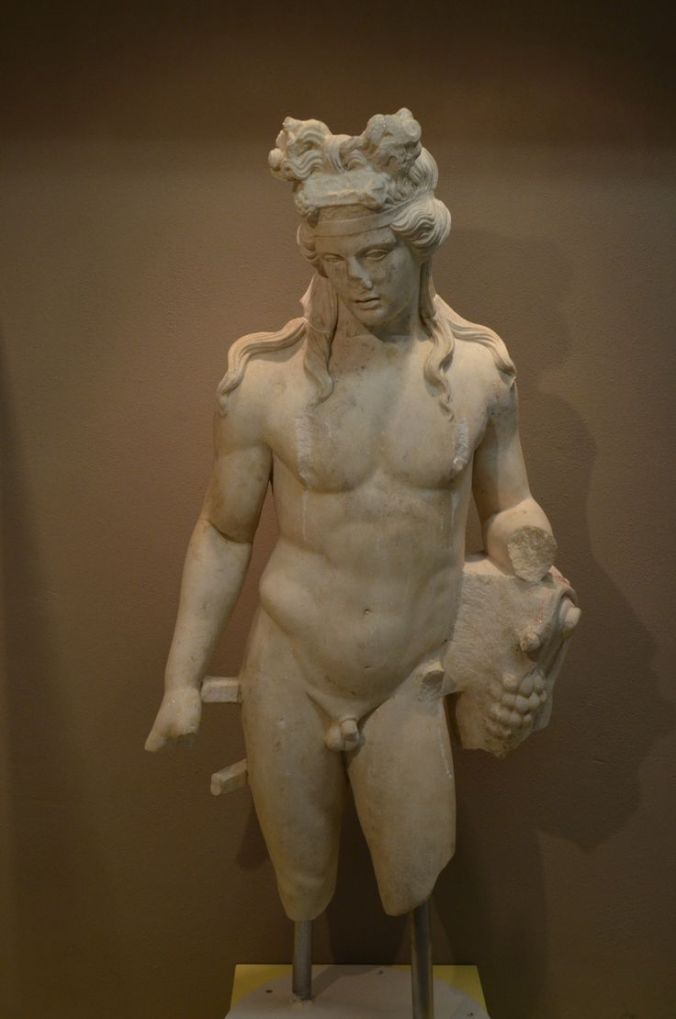
The best of the gods – Dionysus, god of theatre, grapes, and wine. Image from Pinterest: http://www.pinterest.com/pin/71987294019717556/
Weekly Web Links:
- Breast shaped glasswear is something that, up until now, I have been blissfully unaware of but apparently it’s been all the rage for quite some time.
- Arbatel – a Renaissance period grimoire which is filled with information on how to live a good life rather than the more typical spells and curses. Also, it’s just a really stunning looking book.
- I have a number of thoughts about this but they aren’t particularly well constructed. Mostly it’s just banging my head on a table and going ‘people are stupid’ over and over – Greenpeace has destroyed some of the Nazca lines while performing one of their publicity stunts.
- Using 3-D scans to bring antiquated instruments back into use.
- Ah yes, the ye olde activity of wife selling. Apparently the going rate had quite a bit of variation from place to place. Another strong indicator that you should always price comparison shop first.
- Not sure about this particular idea but apparently Napoleon’s hair is going to be put into limited edition watches. So if you have £6000 and a creepy sense of style maybe this is for you.
Historical Book Review for the Week:
I did have a book I was going to review – actually it’s the book I was going to review last week that got bumped after I got sucked into a different on, this book isn’t really having a great run – but this past week was the last week of this semester and I actually just submitted my final paper at somewhere around 11pm last night. My brain is quite literally about to start leaking out of my ears at this point so I’ve decided to hold off on a book review this week out of fear that it might be made up entirely of incoherent nonsense.

